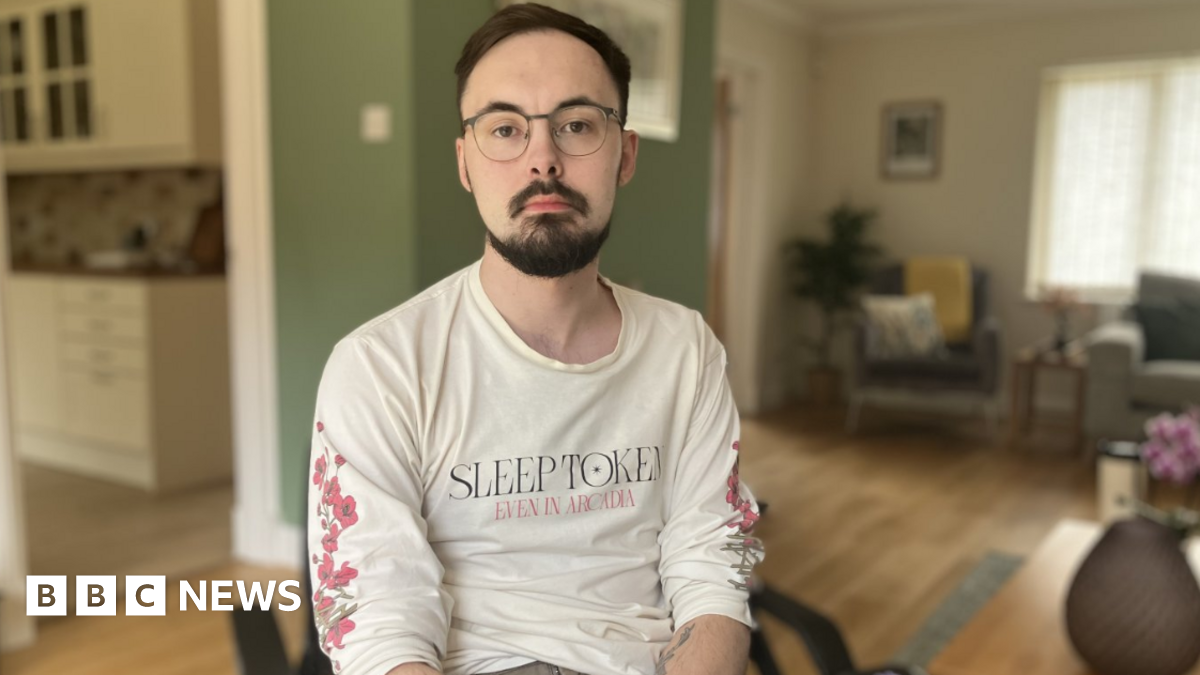Max Corrigam, from Worle in Somerset, is one of seven patients who got onto a clinical trial for the drug at the University College London (UCL) and said it has helped him “exponentially”.
Mr Corrigam, 23, has been taking the drug since 2018.
“I feel like my speech is clearer than it would have been if I wasn’t on the drug,” he said.
“If I didn’t take the drug I wouldn’t have had enough energy or motivation to even consider doing a degree at university.”
Nice said the condition was not rare enough to be considered by its highly specilaised technology committee, according to its criteria checklist.
“No more than 300 people in England are eligible for the technology in its licensed indication and no more than 500 across all its indications,” a spokesperson said.
However Ataxia UK, a charity which supports people with FA, said it has 706 people in England on its register as having the disease.
The Department of Health and Social Care said it is investing up to £600m in the health data research service.
The spokesperson added: “We have also committed to working with industry to accelerate growth in net spend on innovative medicines over the course of this plan compared with the previous ten years, helping to ensure that by 2030, the UK will be one of the top three fastest places in Europe for patient access to medicines.”

